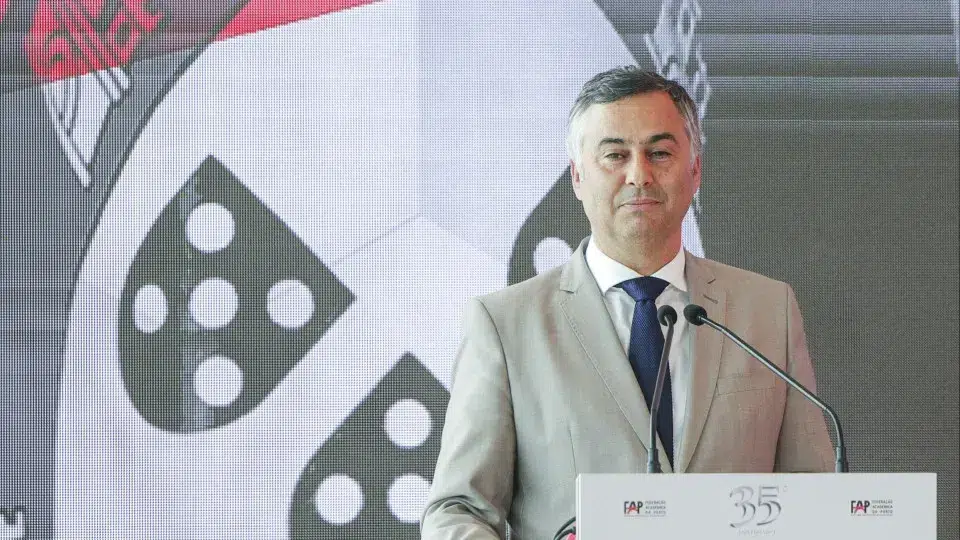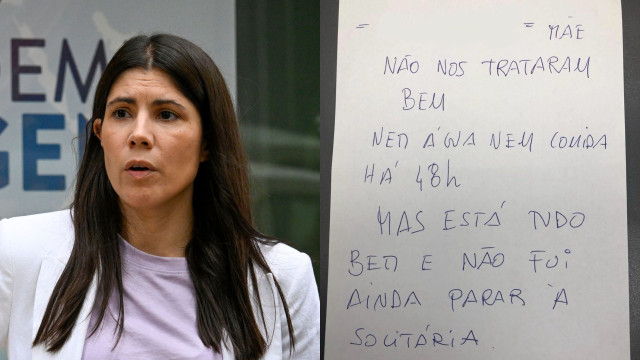
“The reason for this outcome [fewer candidates] was indeed the changes in the conditions for completing secondary school with the national exams, which once again became mandatory for completing secondary education, and the two entrance exams for higher education,” said the official who met with the Council of Rectors on Thursday.
Speaking on the sidelines of the 50th anniversary celebration of the School of Engineering at the University of Minho, in the Azurém campus, Guimarães, Braga district, Fernando Alexandre explained that this year’s data echoes that of 2019 when the access conditions were similar.
“It’s not unexpected. Essentially, we have returned to the same access conditions as we had in 2019, and this year’s data aligns with the 2019 figures. The decrease is primarily explained by that,” he pointed out.
This year saw approximately nine thousand fewer candidates for higher education compared to last year.
When asked if housing rents had any impact on the decrease in candidates for higher education, Fernando Alexandre completely dismissed this theory.
“That is a cost, it’s a restriction, an investment in housing needs to be made, but the drop we experienced this year is in no way related to that. This decline is justified by the reintroduction of national exams,” reiterated the official.
The Minister of Education, Science, and Innovation noted, however, that “the country is making a significant investment in housing.”
“We will have 26,000 beds next year, which is more than 11,000 than what we had in 2020. We are making a large investment in this area, including here at the University of Minho. In fact, the largest residence will be the former Confiança factory at the University of Minho in Braga, and here in Guimarães, there is also an investment being made in housing,” emphasized Fernando Alexandre.
Although there is still some room to grow among the younger classes through the national access competition, the minister revealed that during the meeting with the Council of Rectors, there was a consensus on the idea that universities and polytechnics “also need to look at other audiences,” as educational paths “are not linear.”
“An 18-year-old student who did not enter higher education can have other ways to return to higher education later, can pursue a professional career, which does not jeopardize their future. Obviously, entering higher education opens up other possibilities, but today we have the option of having differentiated paths,” Fernando Alexandre recalled.
In this sense, the minister emphasizes that it is necessary to have a system prepared to receive audiences who do not necessarily enter through the national access competition to higher education.
“And then, there was also a consensus that universities and polytechnics must meet the conditions for students who enter higher education to not only access it but also to complete their studies. Because families make very large investments, as does the state, and we have completion rates that are still far below what we need to have,” warned Fernando Alexandre.




